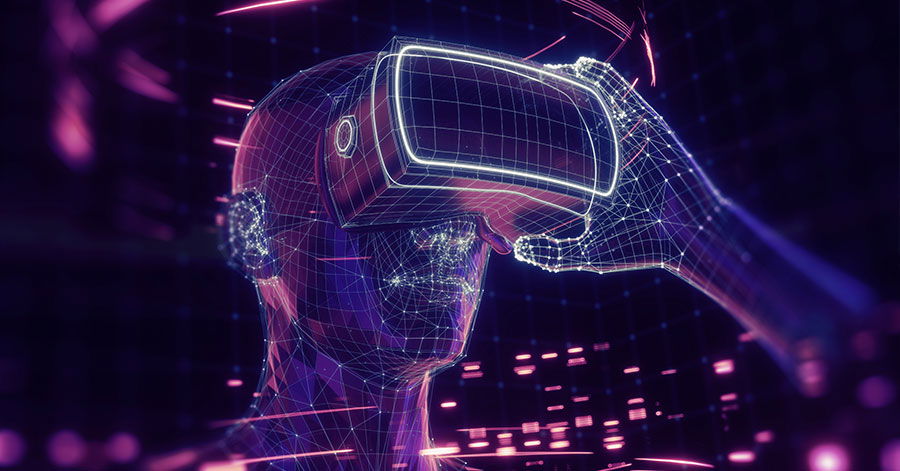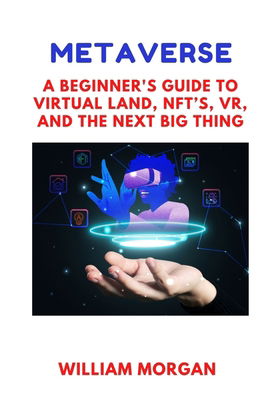
We all know about the hype about AI, but did you know that we will soon be experiencing a metaverse? Neal Stephenson described this concept in his 1992 novel, Snow Crash, and expanded on it in his 2012 novel Ready, Player One. The metaverse is a shared digital space where people and artificial intelligences will live side by side. This virtual world will be powered by AI, and will provide new storytelling forms and scaffolding for creators.

This technology is a virtual two-dimensional space in which we can create content, and interact with others. We will be able to share these experiences with others, and we will be able to create the content we want. Because the metaverse is interactive, we will be able to connect with anyone and share it with others without worrying about censorship or being watched by a third party. It will also allow us to use AI to make better decisions.
The idea of the metaverse is fascinating. Imagine a world where AI agents are indistinguishable from humans. This could create a world where avatar-wearing humans interact with AI agents. The potential for this is amazing. The metaverse will enable us to interact with other users in virtual environments, while our reality will become increasingly more realistic. This will change the way we live and work. If we can create an alternate reality where we can travel anywhere we want, we will have a new kind of technology.
As technology continues to improve, we will no longer need to be afraid of AI. We can now create human-looking android machines with the help of AI. Despite the technological advances we've seen in recent years, humans remain a threat to the world, and there will be many people who distrust these machines. Fortunately, AI is becoming more transparent. While these developments are encouraging, there are also some risks to the future of humankind.
We'll be able to communicate with AI through virtual environments, but we'll still have to trust the system. We'll need to trust it. And we'll have to accept that it won't be perfect. However, we'll need to be careful to avoid making mistakes in the metaverse. We'll need to have strong privacy policies and ensure that we're not being deceived.
While AI will change the way we live and do business, it will also change our world. The metaverse will allow companies to predict when items will fail and will replace them before they fail. This is particularly important when it comes to reducing downtime and increasing energy efficiency. But while the potential benefits of these developments are significant, these technologies have yet to be fully implemented. They are already making our future a better place, and that's something we can't ignore.As the world becomes more connected through AI, the metaverse will allow the physical and digital worlds to overlap even more. In fact, the metaverse will be the parallel of the real world, which is a key to a better world. With more users, people will be able to access information in a safe, convenient way. In the future, our life will be like this.
We need to make sure we protect the future of our society with AI and the metaverse. The metaverse is expected to become the Internet of tomorrow, and it will also help us develop more efficient businesses and economies. Ultimately, AI and the metaverse will change the way we work and interact in society, and the role of suppliers will become more important than ever. The first step is to create a bill of rights for AI and the metaverse.
The concept of the metaverse isn't new. The idea of a digital world where people can interact with other people and interact with them has been in use for several years. It is a growing area of innovation and the potential for the technology is enormous. Assuming that the metaverse is developed in a responsible manner, it will transform our society. In the near future, this virtual world will be connected to our real world through our phones.
